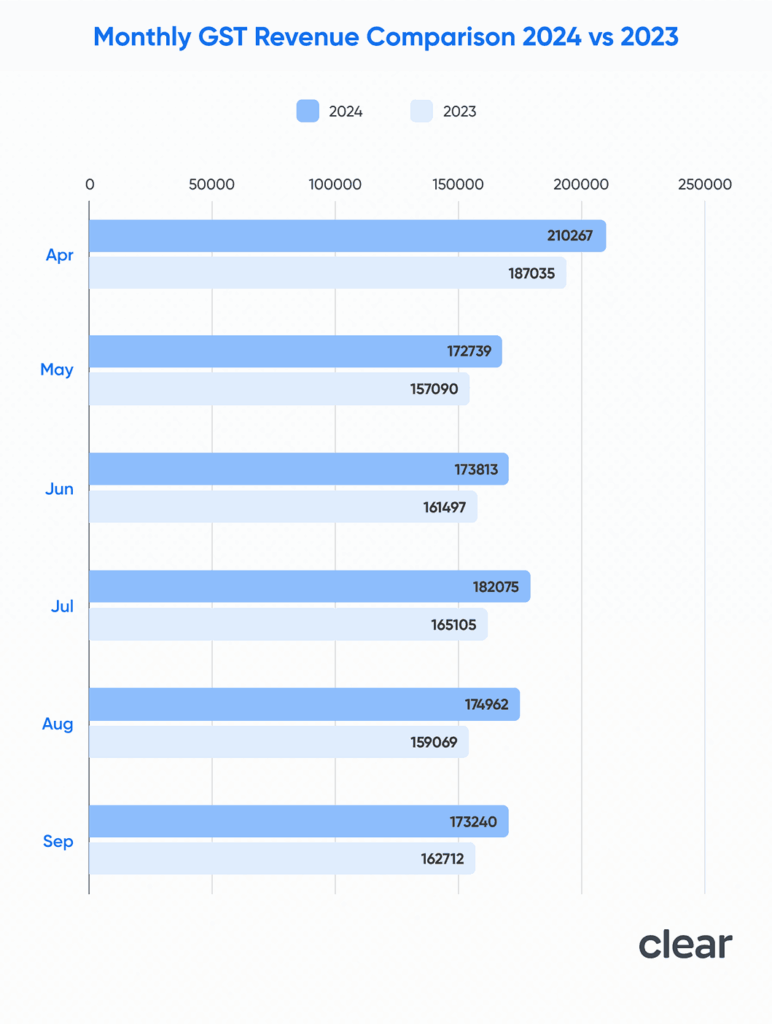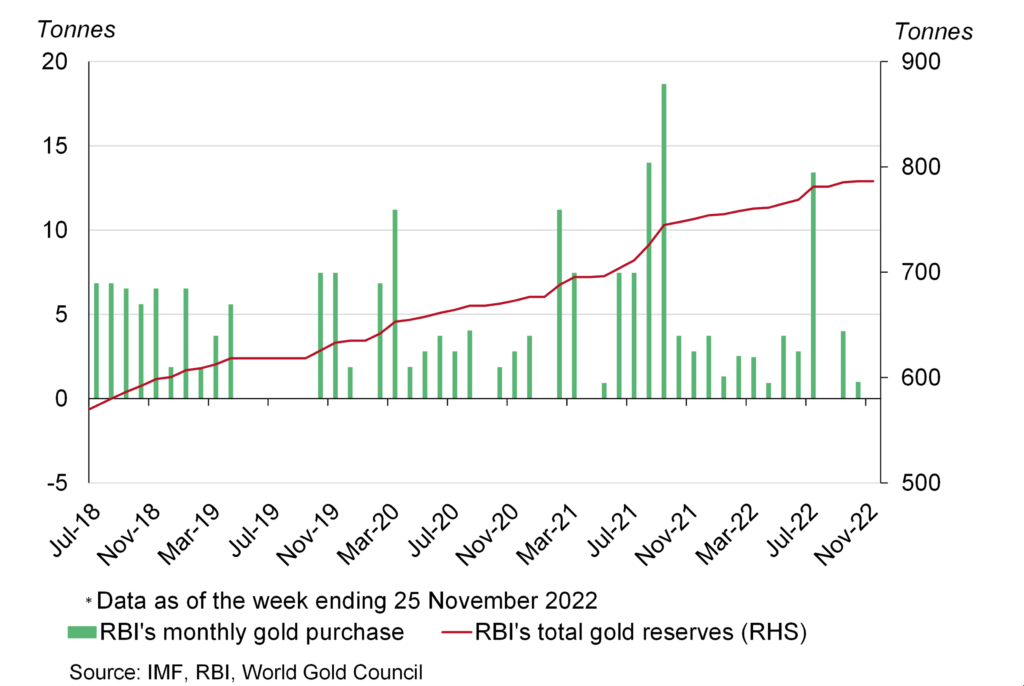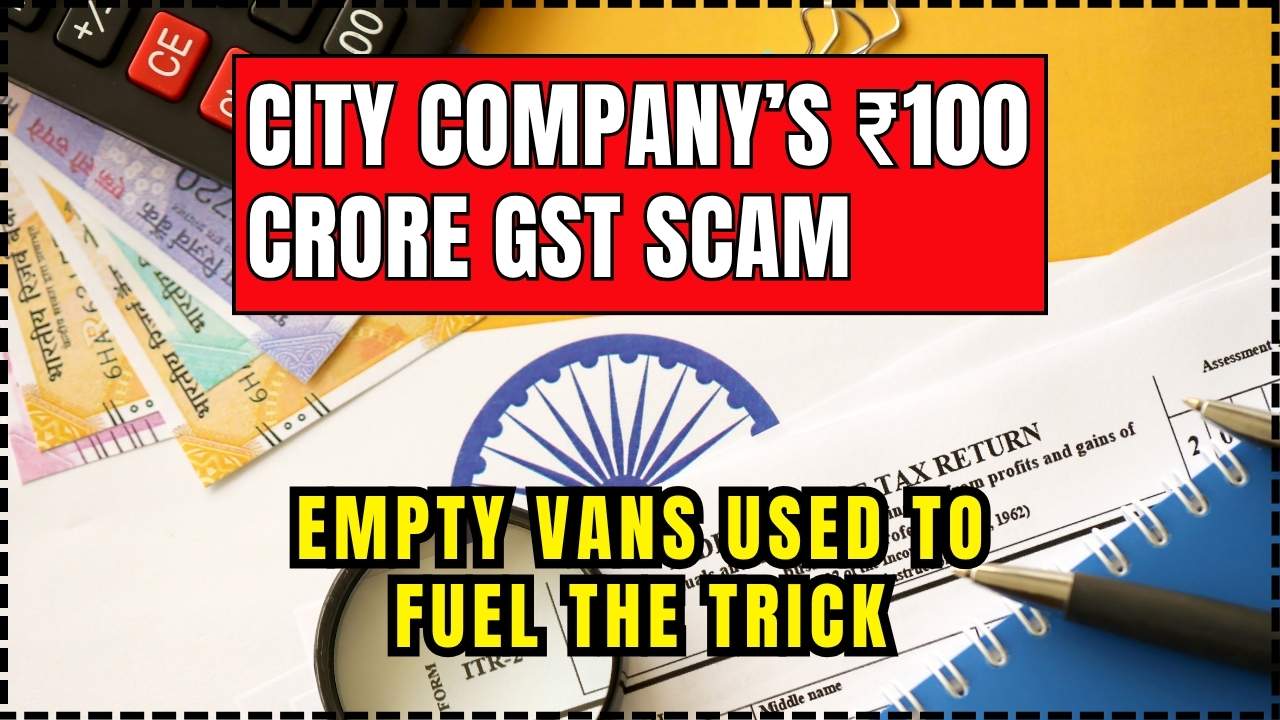
Massive GST Raid in Thrissur: In a shocking development that has rattled the jewellery industry across India, a massive GST raid in Thrissur has exposed a ₹100 crore tax evasion racket and resulted in the seizure of 36 kg of unaccounted gold. Carried out over August 26–27, 2025, the sting operation, codenamed Operation Arkenstone, targeted some of the city’s most prominent jewellery businesses. The Kerala State GST Department deployed more than 200 officers to conduct simultaneous searches at 42 different locations, including jewellery showrooms, manufacturing units, and private residences. As the smoke clears, the revelations point toward a deeply rooted culture of underreporting, suspicious inventory movement, and widespread use of cash to dodge taxes.
Massive GST Raid in Thrissur
The GST raid in Thrissur is a watershed moment in India’s ongoing fight against tax evasion. With ₹100 crore in unreported sales and 36 kg of gold seized, Operation Arkenstone serves as a sharp warning to every sector trying to skirt the system. This isn’t just about gold—it’s about trust, accountability, and the rule of law. For professionals, it’s time to tighten the books. For consumers, it’s a step toward greater transparency. And for India’s economy, it’s a much-needed push toward formalization and fair play.
| Detail | Information |
|---|---|
| Operation Name | Operation Arkenstone |
| Date of Raid | August 26–27, 2025 |
| Location | Thrissur, Kerala, India |
| Gold Seized | 36 kg (worth approx. ₹25 crore) |
| Estimated GST Fraud | Over ₹100 crore (approx. $12 million USD) |
| GST Officers Involved | 200+ officials |
| Premises Covered | 42 including homes, offices, and showrooms |
| Businesses Targeted | 16 jewellery firms |
| Recovery So Far | ₹2 crore+ in taxes and penalties |
| Official Source | Kerala GST Department |
What Went Down in Thrissur?
Operation Arkenstone wasn’t just a random sweep. It was a highly coordinated enforcement effort, backed by extensive data analysis, field intelligence, and digital surveillance. The GST Department had been monitoring the involved entities for several months based on anomalies in e-way bills, underreported GST filings, mismatched stock data, and suspicious electricity usage patterns.
Multiple raids were conducted simultaneously to avoid tip-offs. Officers found stock books that didn’t match purchase records, unbilled gold ornaments, and even parallel inventory systems—a telltale sign of “off-the-books” transactions.
According to sources, some traders had installed double billing software—one visible to tax authorities, and the other for internal purposes, allowing large-scale underreporting of actual sales.
Thrissur: A Hotbed of Gold and Tax Loopholes

Known as the gold capital of Kerala, Thrissur accounts for a significant portion of the state’s gold jewellery production and retail trade. However, its glittering reputation has a darker underside.
This isn’t the first time Thrissur’s gold market has come under scrutiny. In October 2024, a similar raid—Operation Torre del Oro—resulted in the seizure of 105 kg of unaccounted gold from 35 jewellers. Investigations revealed similar patterns of fraud, including hiding inventory, misreporting purchases, and using proxies to float shell businesses.
In both cases, traders were caught red-handed operating outside the tax net, signaling chronic compliance failures and perhaps a lack of fear of regulation until now.
Inside Look: How the Massive GST Raid in Thrissur Was Detected
The Kerala GST Department didn’t rely on traditional methods alone. Here’s how they caught on:
1. Power Consumption Analytics: Manufacturing units consumed abnormally high power compared to reported production.
2. E-Way Bill Cross-Checks: Discrepancies between issued transport documents and recorded deliveries hinted at off-record shipments.
3. Input Credit Mismatches: Businesses claimed GST input credits without matching supplier invoices or goods receipts.
4. Dummy Buyers: Officials made purchases in gold showrooms and noted they weren’t billed or received handwritten estimates—classic GST evasion behavior.
5. Tech Forensics: Seized systems were scanned for deleted invoices and dual-software use, revealing suppressed entries.
This proactive use of data science, forensic accounting, and fieldwork helped bust what appears to be a deeply coordinated evasion network.
Legal Consequences and Penalties
As per Section 132 of the Central Goods and Services Tax (CGST) Act, 2017, the consequences of tax evasion exceeding ₹5 crore include:
- Imprisonment for up to 5 years
- 100% penalties on the evaded tax amount
- Seizure of property and goods
- Revocation of GST registration
- Freezing of bank accounts
Officials confirmed that show-cause notices and prosecution proceedings have already begun for several traders.

What Businesses Can Learn from This?
If you’re a business owner, especially in high-cash sectors like jewellery, real estate, or hospitality, the message is crystal clear: clean up your act, or risk serious consequences.
Practical Tips for Compliance:
1. Invest in Reliable Accounting Software
Use GST-ready platforms like TallyPrime, Zoho Books, or ClearTax to maintain transparent digital records.
2. Automate GST Filings
Ensure regular monthly GSTR-1, GSTR-3B, and annual GSTR-9 filings are done correctly and on time.
3. Reconcile Stock and Sales
Mismatch between stock movement and sales is a red flag. Perform regular internal audits and reconciliations.
4. Minimize Cash Transactions
Embrace digital payment systems like UPI, net banking, and card payments to keep your books clean.
5. Get a GST Health Check
Bring in a licensed Chartered Accountant to review your returns, input credits, and compliance records at least once a year.
Impact on Consumers
For everyday gold buyers, this operation brings both concern and relief. On one hand, stricter enforcement could increase operational costs for jewellers, possibly driving up gold prices. On the other hand, compliance will boost trust in the market.
Consumers are encouraged to:
- Always request a GST invoice
- Buy from BIS-certified jewellers
- Avoid no-bill purchases, even for small items
An increase in transparency may also lead to the emergence of bigger, chain-format jewellers who can afford to stay compliant, pushing out smaller players relying on informal trade practices.
The Bigger Picture: Cleaning Up India’s Informal Economy
India has a large informal sector, accounting for nearly 50% of total employment and about 20% of GDP. While many small businesses operate without malicious intent, lack of awareness, outdated systems, and tax fatigue contribute to widespread underreporting.
Operations like Arkenstone show that tax departments are no longer waiting for self-disclosure. They’re using AI, analytics, and field intelligence to hunt down violators—aggressively.
This aligns with the broader goals of:
- Widening the tax base
- Boosting government revenue
- Leveling the playing field for honest taxpayers
Delhi HC Blasts GST Officials Over Advocate Raid—Says Citizens Can’t Be Treated Like This
₹500 Crore GST Scam Busted in Guwahati, Four Held
Telangana Deputy CM Backs GST Reforms but Demands Fair Compensation for States
Expert Voices: What Industry Leaders Are Saying
According to CA Suresh Menon, a senior tax consultant in Kochi:
“This raid will send shockwaves across all sectors that deal in high-value goods. If the government continues to use data-driven approaches, we may see an exponential increase in both voluntary disclosures and GST collections.”
Meanwhile, the Kerala Chamber of Commerce has issued a statement urging members to undergo immediate compliance reviews and avoid “any risky shortcuts.”
Call to Action: Be Proactive, Not Reactive
If you’re a business owner, the smartest move is to audit your GST compliance immediately. Don’t wait for the government to come knocking.
Visit the GSTN Portal or consult a qualified GST Practitioner or Chartered Accountant listed with ICAI to ensure your filings, credits, and payments are in order.
Remember: Ignorance isn’t an excuse anymore. With tech-driven enforcement tools in play, it’s not a matter of if—but when—you’ll be audited.










